5 Considerations for Remote Work in Madagascar: A Digital Nomad’s Guide
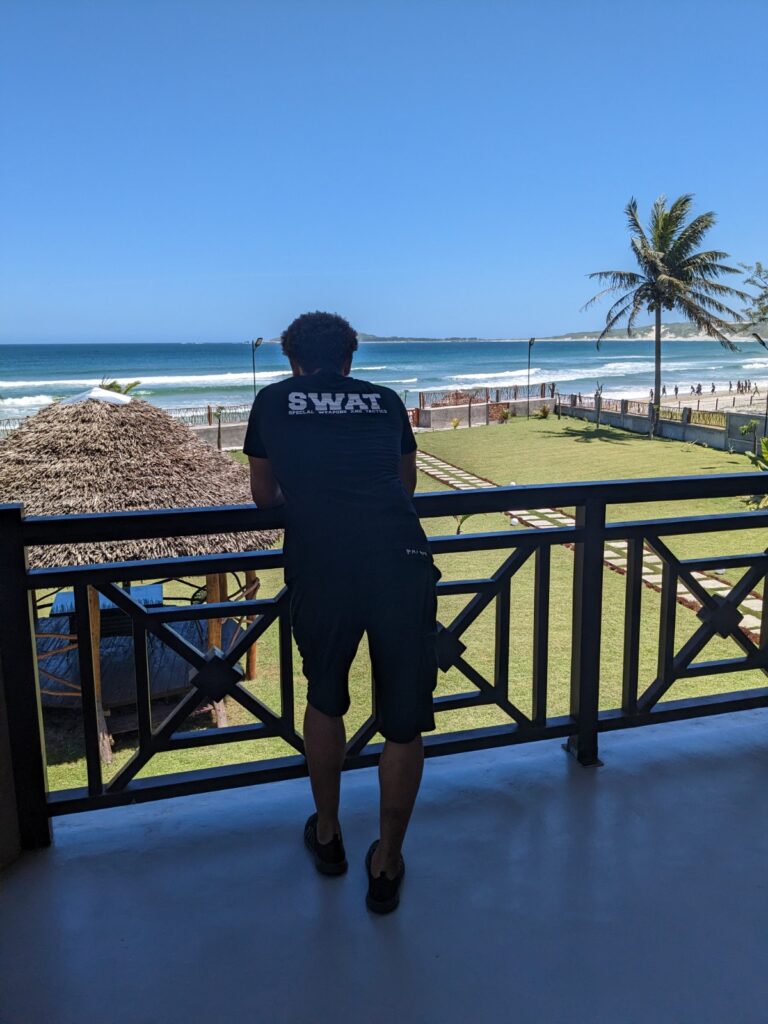
Working in Paradise
Working remotely in the captivating landscapes of Madagascar presents a unique opportunity for digital nomads seeking a blend of work and adventure. To ensure a successful and fulfilling remote work experience, it’s crucial to consider various factors beyond connectivity and logistics.
This blog post will explore seven essential considerations for digital nomads in Madagascar, covering everything from reliable telecom providers and internet access to lodging options, safety, and vibrant nightlife.
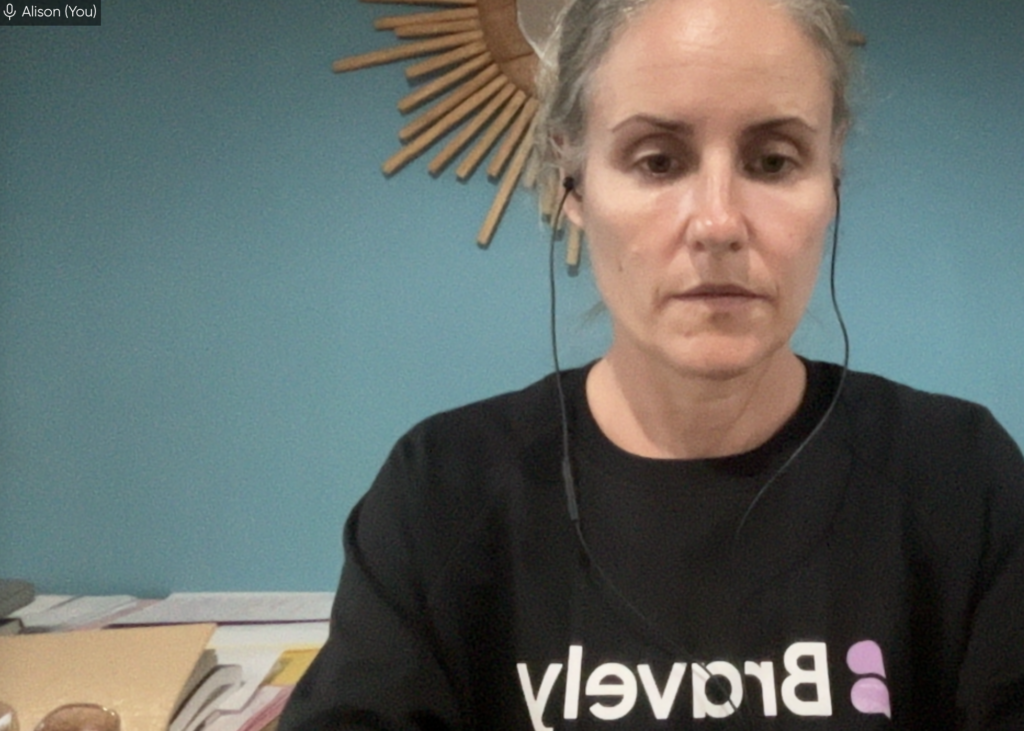
Alison is at work coaching for Bravely.
#1 Connectivity
If you will be hopping on calls, sending emails, uploading pictures, or anything else, you will need a reliable connection. The good news is that these can be found, but it’s not always easy.
Malagasy Telecom Providers
Airtel, Telma, and Orange are the top telecom providers in Madagascar, offering reliable mobile data and internet services. Research their coverage and data plans to choose the most suitable option for your remote work needs.
In rural areas, Airtel sometimes gets the best coverage, as they have the widest coverage; however, they don’t have the best single strength.
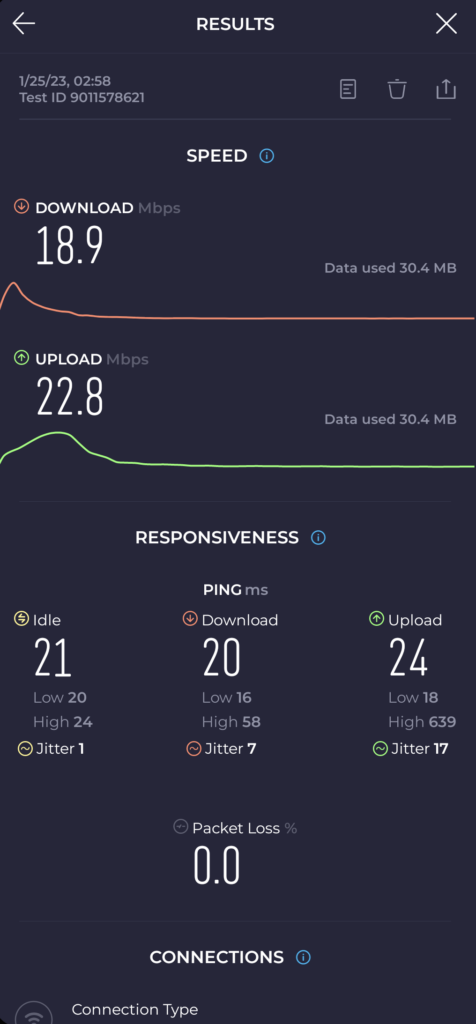
Orange has a hub in Tana. Telma has lines coming in through Majunga and Taolagnaro. We moved back to Madagascar in 2018 because we got reliable data through Telma. We consistently get 20 to 40 MBP for up and download — I run 20 or more coaching calls over Zoom, GoogleMeet, and a proprietary Coaching platform every week!
WiFi Strength
While mobile data coverage is generally good, the strength of WiFi connections can vary, although this is more the fault of the user (lodging) than the network. Prioritize accommodations with reliable WiFi, and don’t hesitate to inquire with hosts about the quality of their internet connection, ask for speed tests. If they cannot prove it, don’t believe it!
Power Outages and Backup Solutions:
Be prepared for occasional power outages in Madagascar, which may impact your ability to work remotely. Keep your devices fully charged, and consider carrying portable chargers or power banks as backup solutions. The capital city of Tana has the most outages, higher-end hotels will have generators, but many residences do not.
Surge Protection:
Use surge protectors to protect your electronic devices from unexpected power surges (or power drops) before and after outages. These devices will safeguard your equipment and prevent potential damage. I’ve known several people who didn’t hede this advice and ended up with fried PCs.
#2 How long and where can you stay?
Visa Requirements and Long-Term Stays
Familiarize yourself with Madagascar’s visa requirements if you plan to stay long-term. The country offers 10-day and 60-day visas, with the possibility of a 30-day extension. Long-stay visas must be obtained from your home embassy before arriving. Read more about this in our FAQ post.
The pre-covid proposal was accepted to create a 9-month Digital nomad visa, but I’ve not heard a peep about this since the borders have re-opened.
Where should you stay?
Definitely book lodging for your first few nights and any transit nights. Tana, the Fly-inn Hotel, San Cristobal Boutique Hotel, and Relais de Plateaux (also has an amazing pool and spa) have shuttles, restaurants, and wifi. I’ve stayed in all these hotels, some rooms were better than others for wifi, but all were enough to complete my work. Platforms like Airbnb and Booking.com can help you find suitable accommodations, especially during high season.
If you fly into Fort Dauphin (Taolagnaro), where we are, we recommend that you stay with us (Alison & Yves of Voky Be). The Ankoba Beach hotel has the best wifi connection of the nicer hotels in town, the others; it can be hit or miss.
You can find super cheap lodging in Madagascar; however, you must provide your own internet access, sometimes your own bedding, the WC and shower may be bucket based and so on. With this in mind, the best bet is to find lodging with all “modern” services in place. The investment is worth it and still likely a deal compared to other tropical beach towns!
Safety and Security
While Madagascar is a relatively safe destination, it sometimes has a negative reputation. I think this comes from the fact that most of the population does not speak English or French, and they don’t always notify foreigners of what is or isn’t acceptable. It’s very much a “live and let live” society until you break a rule!
In this, you cannot count on the police or other services to respond in an emergency, so it’s recommended to travel with a guide outside of the cities and find out where you shouldn’t go. Like most countries, some neighborhoods and regions aren’t safe.
In this, it’s important to exercise general safety precautions. Be mindful of your surroundings, avoid displaying valuable items, and use secure transportation options, especially at night. In fact, most Malagasy do not travel at night (except to clubs). And if you don’t go out in the dark, it’s best to do so in pairs or a small group.
For this same reason, prioritize accommodations in safe and well-regarded areas that have reliable power and internet!
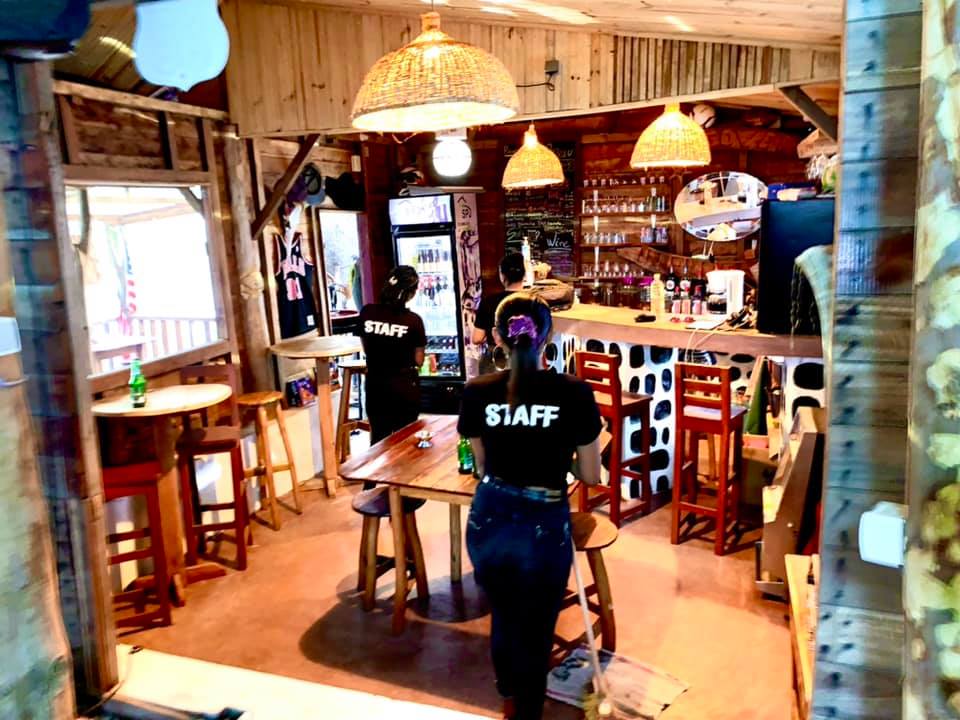
#3 Nightlife and Social Scene
Malagasy universally love to dance and listen to music. In this, every city pretty much has a night a vibrant social scene with at least a few, if not many, nightlife options. You may also hear music and parties late into the night for special occasions such as weddings and circumcisions!
In Taolagnaro, Las Vegas (slightly more high-end) and Florida (lots of girls, some working) provide the nightclub scene. La Kabane offers Friday night dancing and the Cafe Bar Colorado a chill vibe for playing billiards or enjoying a cocktail.
Most towns also have an Expatriate and or English-speaking community. Just look for the white people. Joking. They are not always white; it’s just that some of us stand out more! People of all races, colors, and ethnicities are welcome in Madagascar. If you are lonely or want a better scene, check out Facebook to find local groups.
#4 Adventures & Culture Experiences
Embrace the local culture by learning about local events, live music performances, and cultural festivals. Engaging with the local community can provide memorable experiences during your time in Madagascar. Depending on the time of the year, you may catch parades, such as for Women’s Day on March 8th or around the carnival and another Catholic holiday. In Taolagnaro, you can visit the Museum at the Fort and or find various workshops where local artisans are doing their work, you can visit the open markets and enjoy walking around town.
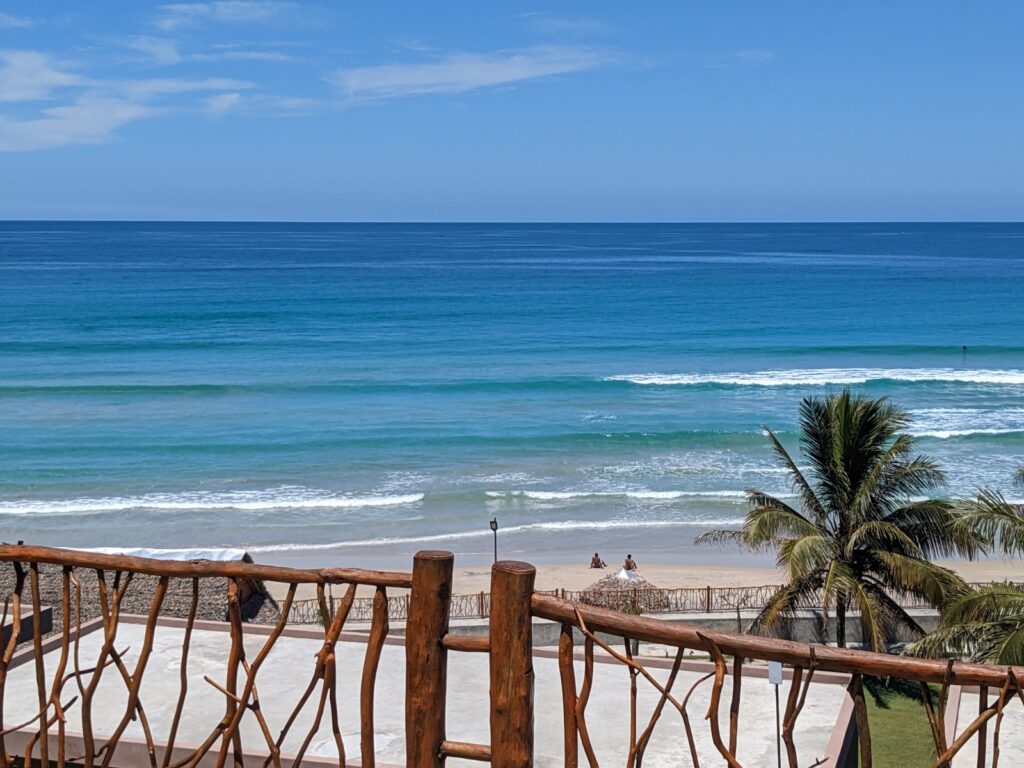
Ecotourism and Conservation:
Madagascar is renowned for its unique biodiversity and stunning landscapes. Take advantage of your remote work setup to explore national parks, pristine beaches, and lush rainforests, allowing you to balance work and adventure. The best experiences are usually had when visitors plan for day trips, half-day trips or overnights on the weekend that take you to see wonders while staying in town during the day/week to get work done.
Participate in responsible ecotourism activities that prioritize the well-being of lemurs and their habitats. Take the opportunity to visit Lemur sanctuaries or national parks that offer guided tours to observe these charismatic creatures up close. Learn about their behavior, conservation efforts, and their critical role in the island’s ecosystem. Choose reputable tour operators (such as Voky Be Tours, which is licensed) and sanctuaries such as Ranomafana, Nahampoana, and Berenty that contribute to the conservation and protection of lemurs and their natural environment. Avoid Zoos.
In Taolagnaro, consider taking a boat ride through the tranquil mangroves to immerse yourself in the serenity of nature and beautiful views, ending up in Evahatra or Lokaro. Witness the intricate root systems, spot diverse bird species, and marvel at the mangroves’ ecological importance. See the rest of the Vokybe.com website for more!
Capture memorable moments during your encounters with lemurs and other creatures, like chameleons and a huge variety of geckos and butterflies, alongside vast and picturesque landscapes. Madagascar’s diverse wildlife and stunning scenery provide excellent opportunities for nature photography.
While enjoying boat rides in mangroves and observing lemurs, be mindful of your environmental impact. Respect fragile ecosystems by avoiding littering, refraining from touching wildlife, and following sustainable tourism practices. Promote conservation efforts by spreading awareness about the importance of preserving Madagascar’s unique biodiversity.
#5 Daily Necessities:
Access to groceries and cooking facilities is essential for longer stays. Major towns in Madagascar have supermarkets, while local markets offer fresh produce. In the Capital of Antananarivo, you can find just about anything; in the smaller towns, some items, such as vegetarian options, can be harder to find. Many people travel with their favorite snacks to supplement what they can buy.
Rice, fresh tomatoes, onions, garlic, leafy greens, seasonal fruit, fresh meats, beans, and pasta are pretty much staples anywhere. Fresh and local foods are very cheap, whereas imported goods, say soy milk or French cheese and wine, might cost *more* than you’d pay at home. Keep this in mind when budgeting.
Consider accommodations with kitchen facilities to maintain a flexible routine.
Pharmacies
Most pharmacies are open during the day only; however, it is pretty standard that each town has a “pharmacy de guard” that is open 24 hours per day, in rotation with other pharmacies. The Local Police and doctors usually know who this is, and or it will be posted on the pharmacy door.
Many of your standard prescriptions can be picked up directly; they may or may not ask to see your prescription. That said, not all things are available in Madagascar, so if you are coming for a 2- or 3-month stay, you should bring everything.
Conclusion:
Remote work in Madagascar offers an exciting blend of work and exploration. By considering essential factors such as reliable connectivity, accommodation, power outages, visas, safety, what you like to do for fun, and daily necessities, you can optimize your remote work or digital nomad experience in this remarkable country. Embrace the local culture, engage with the community, and make the most of your time in Madagascar, all while maintaining a productivity!